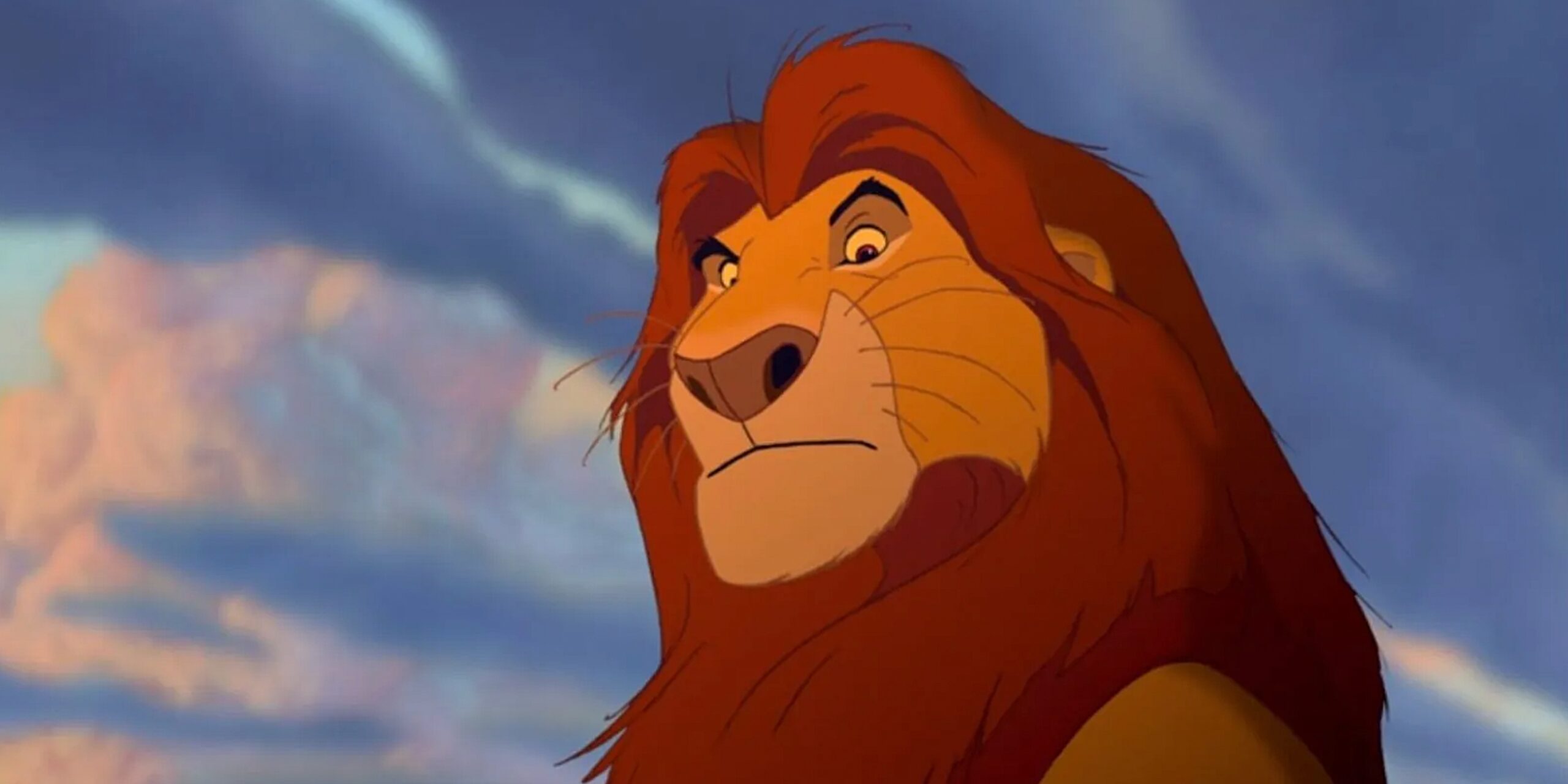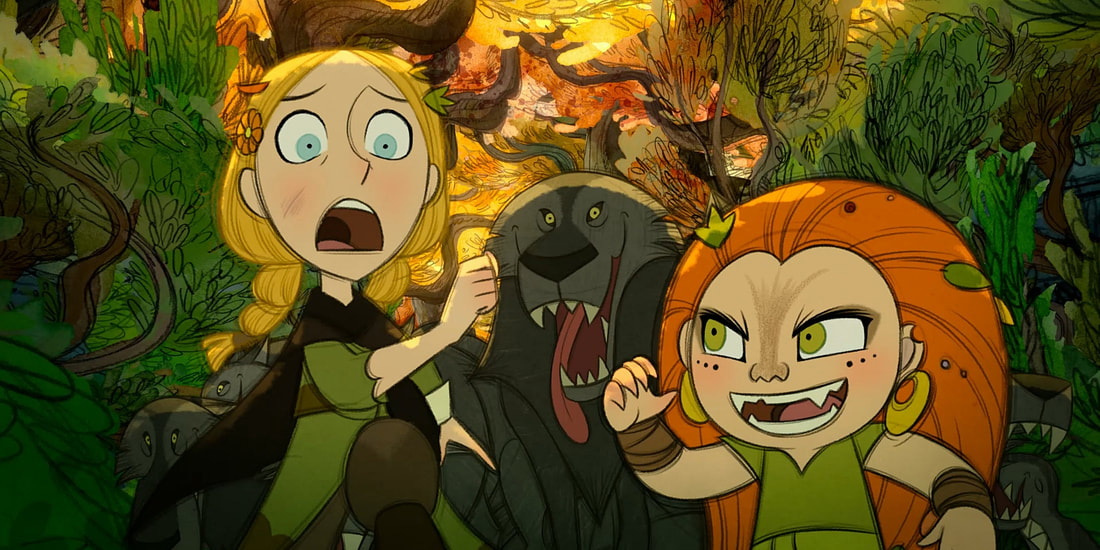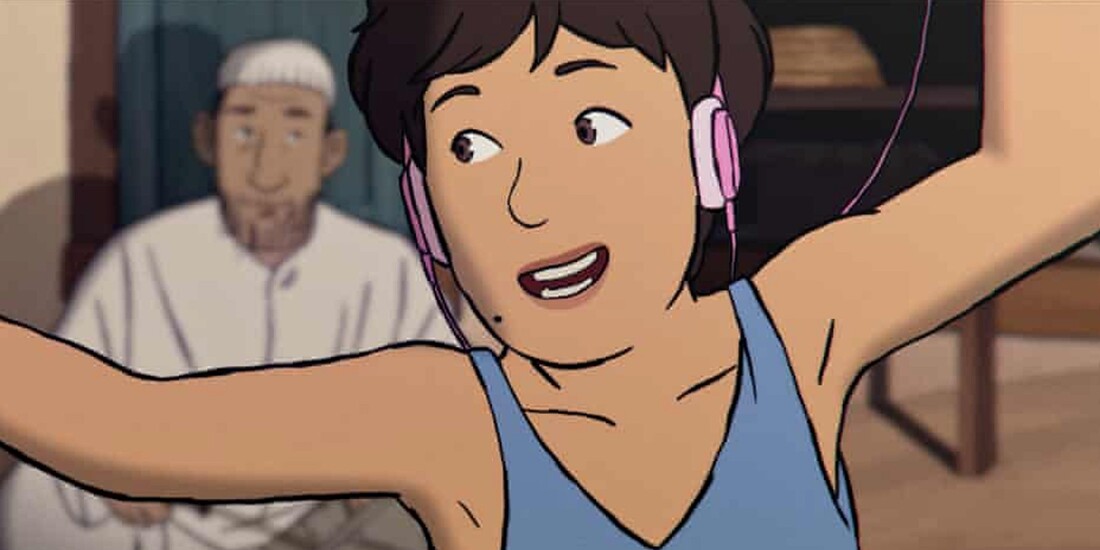In the words of Guillermo del Toro during his 2023 Oscar acceptance speech for Best Animated Feature Film, “animation is cinema.” Del Toro, who won for his wonderful stop-motion adaptation of Carlo Collodi’s novel “Pinocchio,” made a passionate call for audiences to respect the craft. Animation is a layered medium of storytelling, not a genre, nor is it just for kids. This sentiment has echoed in each of Del Toro’s 2022-23 award season appearances. His Oscar speech concluded on a forward-thinking note, that animation is “ready to be taken to the next step.” In order to keep animation in the conversation, it would be imperative to invest in it further and continue taking the medium seriously. Just as the case would be for a live-action feature, the artistry in making an animated film runs the gamut from character animation and design to storyboarding and voice work.
2022 was an exciting year for animated voice acting in particular. In “Puss in Boots: The Last Wish,” Antonio Banderas reprised his titular role with humor and charisma. In addition, the film introduced a villainous character named Wolf (played by Wagner Moura, whose voice sends shivers down your spine). “Marcel the Shell with Shoes On,” an endearing gem of a film about a mollusk, would not be the same without Jenny Slate’s personable voice work at the center. In the coming-of-age story “Turning Red,” Rosalie Chiang played her character Meilin with an adventurous spirit and energy. In “Guillermo del Toro’s Pinocchio,” the trifecta of David Bradley (Geppetto), Ewan McGregor (Cricket), and Gregory Mann (Pinocchio) drew out the heart of a classic tale.
While voice performances are eligible to be recognized in the acting categories, they have yet to be nominated in the Academy’s 95-year history. Eddie Murphy was an actor who came close to a nomination for his performance as Donkey in 2001’s “Shrek.” Murphy received a BAFTA film nomination for Best Supporting actor. “Shrek” won the Oscar for Best Animated Feature and was nominated for Best Adapted Screenplay. When it comes to above-the-line Oscar categories apart from Best Animated Feature, screenplay is where animated films are most recognized (a total of 9 times between original and adapted, the first being 1995’s “Toy Story” in original screenplay). Best Picture comes next (a total of 3 times — 1991’s “Beauty and the Beast,” 2009’s “Up,” and 2010’s “Toy Story 3”). Given the time this recognition took, how long before a voice performance is nominated?
Associations such as the Annie Awards have been ahead of the curve, awarding voice acting since 1994 (and overall excellence in animation since 1972). The existence of the Best Animated Feature category at the Oscars has a relatively short history. First introduced in 2002 for films released in 2001, the category was created mainly as a response to the influx of competition (notably the success of DreamWorks Animation) besides Walt Disney Pictures. Disney (and Pixar) still often dominate the animated feature category. Though over the last 20 years, since the category’s beginning, there has been a rise of different studios and distributors recognized, from Studio Ghibli and Laika to Cartoon Saloon and Netflix originals. The category expansion from 3 slots to 5 has also allowed more experimental, mature films to receive nominations — such as 2015’s “Anomalisa” and 2017’s “Loving Vincent” – albeit rarely overall.
With so many more animated films being produced, this, in turn, creates a greater opportunity for voice acting to shine. 2022 alone had plenty of contenders to choose from. In addition to the aforementioned, Isabella Rossellini in “Marcel the Shell with Shoes On,” Lyric Ross in “Wendell & Wild,” and Sandra Oh in “Turning Red,” to name a few. Perhaps it is likelier (and more advantageous) that the Academy introduces a Best Voice Performance category in response to an influx of contenders than it is for a voice performance to be nominated on its own. While time and demand will tell, here are three benefits of recognizing voice acting at the Oscars.
A Celebration Of Unique Talent First and foremost, the versatility and creativity conveyed in an outstanding voice performance are immeasurable. Think of the iconic Eartha Kitt as Yzma in 2000’s “The Emperor’s New Groove.” Consider Pat Carroll as Ursula in 1989’s “The Little Mermaid,” James Earl Jones as Mufasa in 1994’s “The Lion King,” and Peter O’Toole as food critic Anton Ego in 2007’s “Ratatouille,” there are plenty more examples to cite. The richness of their voices, in collaboration with the lead animators, evokes reverberating emotion. The heart and soul put into these characters add layers to their development in ways that immerse you in the storytelling. Just thinking about the performances mentioned above, you can immediately recall their distinct voices, taking you back to the experience of watching each film. In celebrating the achievements of individual artists, it’s an opportunity to appreciate further actors’ journeys of finding a character’s unique voice.
First and foremost, the versatility and creativity conveyed in an outstanding voice performance are immeasurable. Think of the iconic Eartha Kitt as Yzma in 2000’s “The Emperor’s New Groove.” Consider Pat Carroll as Ursula in 1989’s “The Little Mermaid,” James Earl Jones as Mufasa in 1994’s “The Lion King,” and Peter O’Toole as food critic Anton Ego in 2007’s “Ratatouille,” there are plenty more examples to cite. The richness of their voices, in collaboration with the lead animators, evokes reverberating emotion. The heart and soul put into these characters add layers to their development in ways that immerse you in the storytelling. Just thinking about the performances mentioned above, you can immediately recall their distinct voices, taking you back to the experience of watching each film. In celebrating the achievements of individual artists, it’s an opportunity to appreciate further actors’ journeys of finding a character’s unique voice.
An Increased Respect For Animation During last year’s Oscars, when “Encanto” won Best Animated Feature Film, there was some criticism surrounding the category’s presentation and its disrespect towards animators. Animation was infantilized as a genre for kids to enjoy and adults to endure. It is undoubtedly a medium that kids enjoy, and many child-friendly stories are being told, but animation is a complex medium of all sizes. Plenty of animated films tackle mature subject matter geared towards adults – such as 2007’s “Persepolis” and 2009’s “Mary and Max,” both of which feature excellent voice acting. In keeping with recent examples, “Guillermo del Toro’s Pinocchio” and “Puss in Boots: The Last Wish” tell stories that deal with existentialism, mortality, and the preciousness of life.
During last year’s Oscars, when “Encanto” won Best Animated Feature Film, there was some criticism surrounding the category’s presentation and its disrespect towards animators. Animation was infantilized as a genre for kids to enjoy and adults to endure. It is undoubtedly a medium that kids enjoy, and many child-friendly stories are being told, but animation is a complex medium of all sizes. Plenty of animated films tackle mature subject matter geared towards adults – such as 2007’s “Persepolis” and 2009’s “Mary and Max,” both of which feature excellent voice acting. In keeping with recent examples, “Guillermo del Toro’s Pinocchio” and “Puss in Boots: The Last Wish” tell stories that deal with existentialism, mortality, and the preciousness of life.
Not only does animation include emotionally resonant stories, but also various art styles. From the stick figures in 2012’s “It’s Such a Beautiful Day” and the detailed paintings in 1959’s “Sleeping Beauty” to the swirling hand-drawn lines in 2020’s “Wolfwalkers.” Introducing a voice acting category can create more incentive to pay closer attention to just how much individual work goes into animation on the whole. Because it is a collaborative effort between the actors and the animators, between the level of detail involved in creating a character, and the impact that compelling vocals have on a said character, voice acting nominees could shed more light on the artistic process and its challenges.
Recognition In More Oscar Categories Outside of the Best Animated Feature category, above or below the line, it is most often Best Original Score and Original Song, where animated features tend to get nominated, with a collective total of 75 nominees/winners. Going into each awards season, an expectation exists that even the most acclaimed animated films won’t break through in more competitive categories. This has seen a tiny bit of change in recent years — 2021’s “Flee” became the first-ever animated film to be nominated for Best Documentary Feature and the second to be nominated for Best International Feature Film (the first was 2008’s “Waltz with Bashir”). Just this past awards season, there was some chatter about “Guillermo del Toro’s Pinocchio” in Best Production design following the film’s BAFTA nomination in the category.
Outside of the Best Animated Feature category, above or below the line, it is most often Best Original Score and Original Song, where animated features tend to get nominated, with a collective total of 75 nominees/winners. Going into each awards season, an expectation exists that even the most acclaimed animated films won’t break through in more competitive categories. This has seen a tiny bit of change in recent years — 2021’s “Flee” became the first-ever animated film to be nominated for Best Documentary Feature and the second to be nominated for Best International Feature Film (the first was 2008’s “Waltz with Bashir”). Just this past awards season, there was some chatter about “Guillermo del Toro’s Pinocchio” in Best Production design following the film’s BAFTA nomination in the category.
The creation of a Best Voice Performance category could emphasize to voters that there are many aspects to appreciate about animation beyond the visuals. If the acting in an animated film were recognized, why not also the film’s screenplay or production design? Why not Best Picture? The more animated features can expand beyond a single category, perhaps the less stigma around how and where to recognize them elsewhere. Maybe more members can start to think about animation in a far less restricting, biased way. Animated storytelling is limitless in its creativity, and it would encourage the medium to be taken seriously in multiple areas. A new category like Best Voice Performance would be a great way to spark newfound Oscar appreciation for animation across the board.
Do you think the Oscars should implement a category for voice acting? Which performances of the past would you recognize? Please let us know in the comments section below or on our Twitter account.


